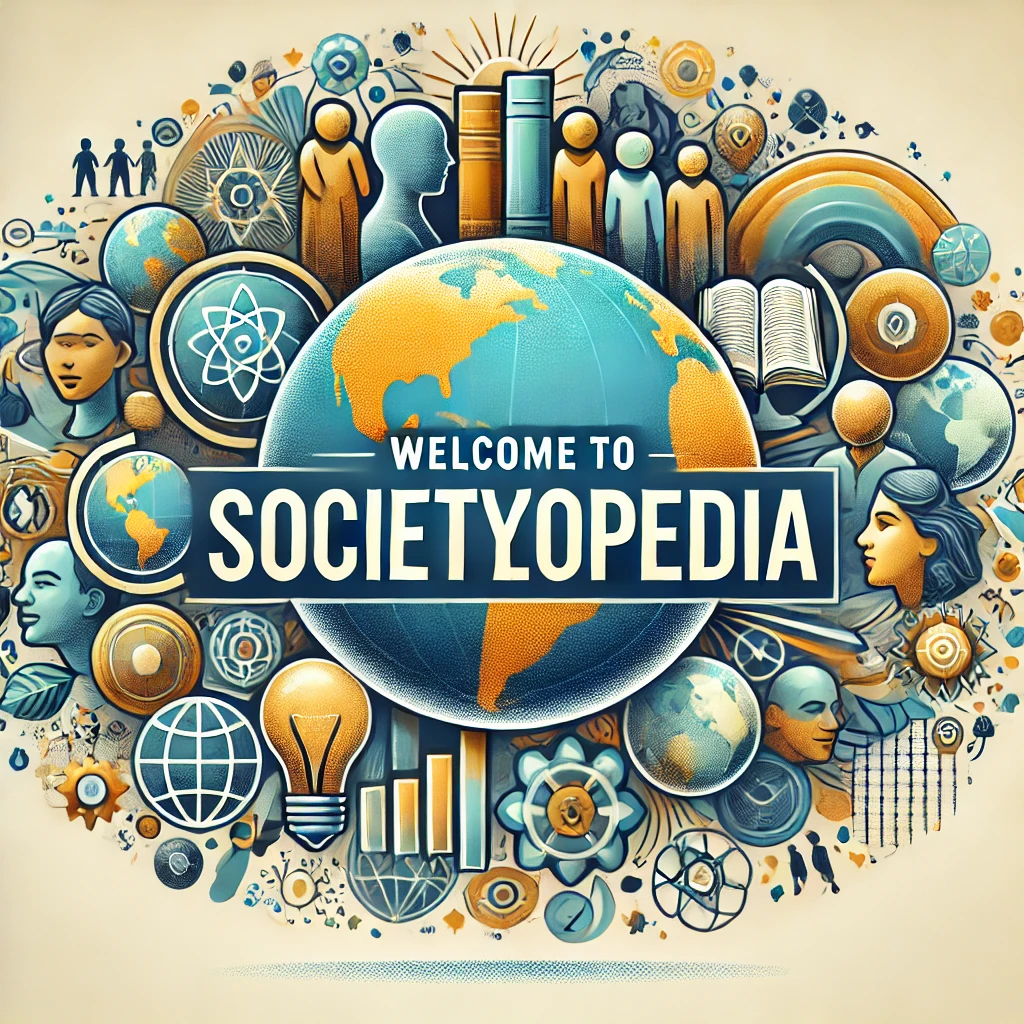What is Feminist Theology? A Complete Guide to Meaning, Perspectives & Importance
Feminist Theology is an important field within modern religious and gender studies. It examines how religious beliefs, scriptures, traditions, and institutions have shaped the lives of women—often in unequal or oppressive ways—and then works to reinterpret these elements to promote justice, equality, and dignity.
Over the past century, feminist scholars across Christianity, Islam, Judaism, Buddhism, Hinduism, and other religions have questioned patriarchal interpretations and formed new, empowering understandings of faith. As a result, Feminist Theology has become a major movement for reform inside religious communities around the world.
This article explains the meaning, types, major themes, and significance of Feminist Theology in a clear and academically strong way.
Definition: What is Feminist Theology?
Feminist Theology is a critical and constructive approach that studies religion from a feminist perspective. It challenges male-dominated interpretations of sacred texts and seeks to reinterpret religious teachings in ways that promote equality, justice, and the empowerment of women.
In simple words, it asks:
✔ How has religion contributed to women’s oppression?
✔ How can religious texts be read in a more equal and inclusive way?
✔ What role can women have in religious leadership and spiritual life?
Feminist Theology does not reject religion; instead, it works to reform religion so that it becomes more just and inclusive.
Origins and Historical Background
Feminist Theology developed during the second wave of feminism (1960s-1980s) when women began questioning male control in religious institutions. The movement grew from:
1. Women’s exclusion from religious leadership
Many major religions restricted women from becoming priests, imams, rabbis, monks, or scholars.
2. Male-dominated interpretations of scripture
Religious texts were often interpreted by men, leading to biased or patriarchal readings.
3. Social movements for equality
The feminist movement inspired women to challenge inequality not only in society but also inside religious spaces.
Today, Feminist Theology is a global academic and reform movement with multiple branches across different religions.
Major Aims of Feminist Theology
Feminist Theology has several goals that guide its scholarship and activism:
1. To Expose Patriarchy in Religion
It examines how religious traditions reinforce gender roles, male authority, and female submission.
2. To Reinterpret Sacred Texts
Feminist scholars read holy texts (Bible, Qur’an, Torah, Vedas, Tripitaka, etc.) using gender-just approaches that highlight women’s dignity and contribution.
3. To Recover Women’s Historical Roles
It brings attention to women saints, scholars, leaders, and spiritual figures who were ignored or minimized in traditional narratives.
4. To Promote Inclusive Language for God
Instead of using only masculine terms like “Father” or “Lord,” feminist theologians encourage neutral or gender-balanced language such as “Creator,” “Source,” or “Compassionate One.”
5. To Advocate for Women’s Leadership in Religion
Feminist Theology supports women’s right to serve as priests, pastors, scholars, imams, rabbis, and spiritual leaders.
Major Branches of Feminist Theology
Feminist Theology exists in many religious traditions. Below are the most prominent branches:
1. Christian Feminist Theology
Christian feminist theologians focus on reinterpreting the Bible and early Christian traditions.
Key Ideas
-
Jesus treated women with respect and dignity.
-
Patriarchal interpretations came later from male church authorities.
-
Women should have equal roles in ministry, preaching, and leadership.
Major Scholars
-
Mary Daly
-
Rosemary Radford Ruether
-
Elisabeth Schüssler Fiorenza
2. Islamic Feminist Theology
Islamic feminist theologians analyze the Qur’an and Sunnah using gender-just methods.
Key Ideas
-
The Qur’an promotes justice, equality, and dignity for both men and women.
-
Patriarchy is a result of cultural practices, not Islamic teachings.
-
Historical women—like Khadijah, Aisha, Umm Salama, and Fatima—were strong leaders.
Major Scholars
-
Amina Wadud
-
Asma Barlas
-
Fatima Mernissi
3. Jewish Feminist Theology
Jewish feminist scholars reinterpret the Torah and ancient Jewish law to expand women’s participation.
Key Ideas
-
Women should participate fully in religious rituals.
-
Hebrew prayers should use gender-neutral language.
-
Jewish history includes many influential women.
Major Scholar
-
Judith Plaskow
4. Womanist Theology
Developed by African American women theologians as a response to white feminist theology.
Key Ideas
-
Intersection of race, gender, and class
-
Biblical interpretation from the perspective of Black women
-
Focus on liberation from racism and sexism
Major Scholar
-
Jacquelyn Grant
5. Ecofeminist Theology
Ecofeminist Theology connects women’s oppression to environmental destruction.
Key Ideas
-
Patriarchy dominates both nature and women.
-
A sustainable, just world requires care for the environment and gender equality.
-
Spiritual traditions that honor nature are fundamental.
6. Postcolonial Feminist Theology
This branch focuses on women in formerly colonized countries.
Key Ideas
-
Colonialism shaped local religious practices.
-
Women’s spiritual experiences differ by region, race, and class.
-
Encourages reclaiming indigenous spiritual traditions.
Key Themes in Feminist Theology
1. Critique of Patriarchy
Religion often reinforces male superiority; feminist theology exposes and challenges this.
2. Reclaiming Women in Scripture
Many women in sacred texts—prophets, leaders, scholars—were marginalized by male commentators.
3. Gender-Just Interpretation (Hermeneutics)
Feminist hermeneutics re-examines texts for equality, compassion, and justice.
4. Inclusive Imagery of God
Using only male images for God limits women’s spiritual identity; inclusive language broadens understanding.
5. Equality in Rituals and Leadership
Feminist theologians demand equal participation for women in all religious roles.
6. Spiritual Empowerment
It encourages women to reclaim their religious voice, identity, and spirituality.
Why Is Feminist Theology Important Today?
1. Promotes Gender Equality Inside Religion
Many religions influence laws, culture, and family structures. Reforming religious ideas helps reduce gender inequality.
2. Empowers Women Spiritually
It helps women feel valued, represented, and respected in their faith communities.
3. Challenges Harmful Traditions
Practices like forced marriage, domestic violence, restriction of leadership roles, and segregation often misuse religion.
4. Encourages Inclusive Religious Leadership
More women theologians and leaders enrich religious scholarship and bring balance.
5. Supports Social Justice Movements
Feminist Theology connects gender justice with human rights, racial justice, environmental protection, and global peace.
Famous Feminist Theologians
-
Amina Wadud (Islamic)
-
Mary Daly (Christian)
-
Rosemary Radford Ruether (Christian)
-
Elisabeth Schüssler Fiorenza (Christian)
-
Fatima Mernissi (Islamic)
-
Judith Plaskow (Jewish)
-
Carol P. Christ (Goddess movement)
These scholars have shaped modern feminist thought within religion.
Conclusion
Feminist Theology is a transformative field that challenges patriarchal interpretations of religion and promotes gender-equal spiritual practices. By reinterpreting sacred texts, highlighting women’s historical roles, and advocating for equality in religious leadership, it seeks to create inclusive and just faith communities. As societies continue to evolve, Feminist Theology remains essential for promoting compassion, equality, and justice across religious traditions. Stay with Societypedia for amazing ideas.

